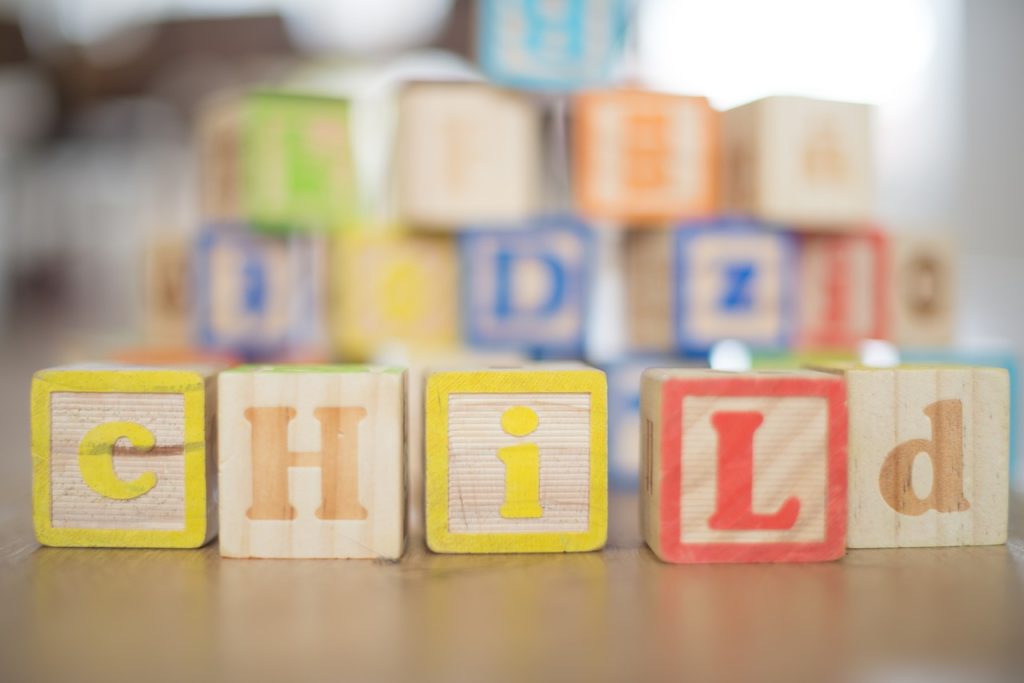Today I want to talk about the first time we received our child’s diagnosis. My son having a disability was not a surprise, we were expecting it ever since our first ultrasound. It was at the ultrasound when we were told our baby may have a disability. However, it would take a year after he was born before we received a diagnosis. The main reason was there was no way to test for his condition since it was rare.
By the time my son was 1 years old, the geneticist had enough information to diagnose his condition. We were given a gestalt diagnosis, which was based solely on his appearance and his cognitive development. The only way to truly confirm he had the condition was to test him once the gene was discovered. In the meantime, the geneticist was confident she diagnosed correctly.
As I mentioned before here, there was definitely a sense of relief when we got the diagnosis. But there was also this feeling of sadness. Especially as I thought about my son’s future and what that would look like. I worried that he would not be happy with his life. Or he may feel sad watching others do things he couldn’t. Every time I looked at my son, I was sad for him.
The truth about the diagnosis
But here’s the truth, the diagnosis did not change my son. It had absolutely no impact on him whatsoever. He was still the same sweet little guy that he was before. He didn’t morph into someone else just because he had a disability.
Ironically, the person the diagnosis really affected was ME. Because it CHANGED my perception of my son. I began to LOOK at him DIFFERENTLY. He suddenly looked more fragile, more vulnerable.
But in reality this was not the case. In fact, my son didn’t even know he had a disability (he was only 1 years old). Not to mention, his is the only body he knows. He has no basis for comparison. So why would he be sad? The sadness I was feeling was not his but my own. I was casting my grief onto him.
What have I learned?
I can not view my son’s life from my perspective. It will only cause me to see the things he’s missing out on. Every accomplishment he makes would be tinged with sadness, at the life he should have had. That is not a good way to live. I am not being fair to him.
My son’s life is his own and his achievements are unique to him. He does not need my pity for the things he can not do. He needs my applause for the things he can do.
When we receive our child’s diagnosis it’s important to remember this does not wipe away our child’s character or the essence of who he is. He is still the same person he has always been. So let’s not let our grief cast a shadow on his life.
